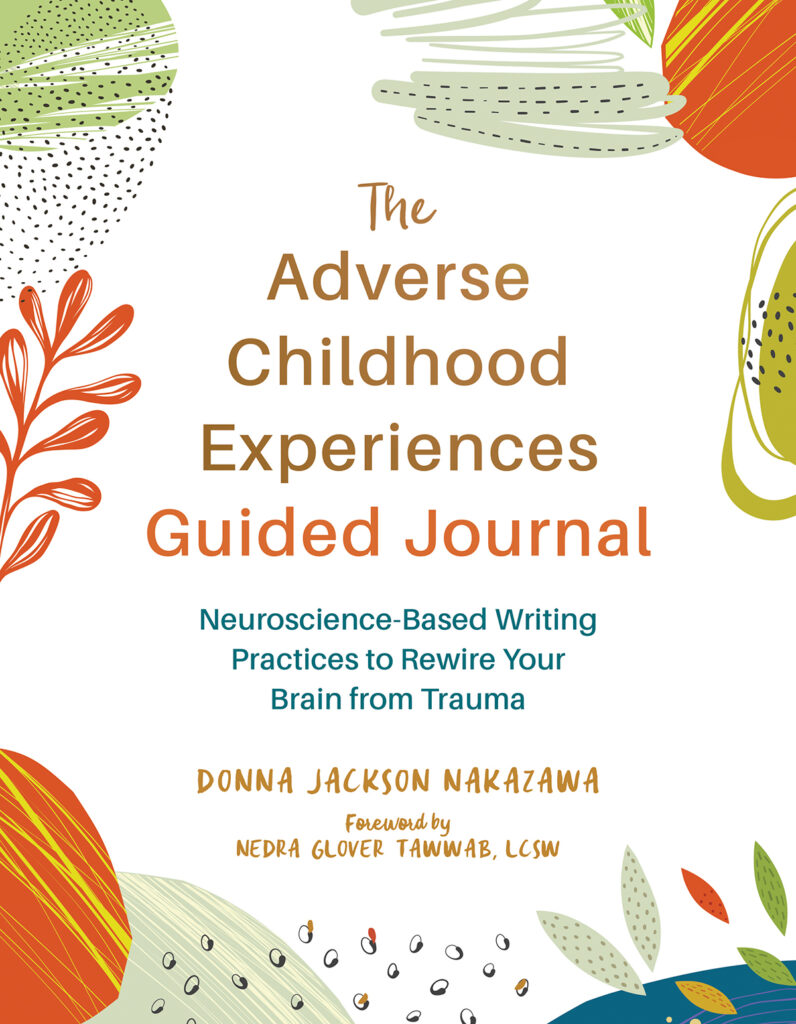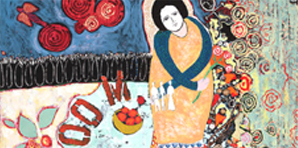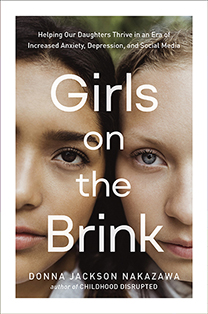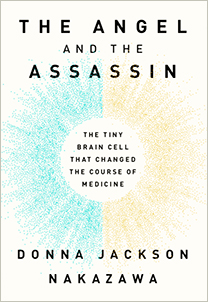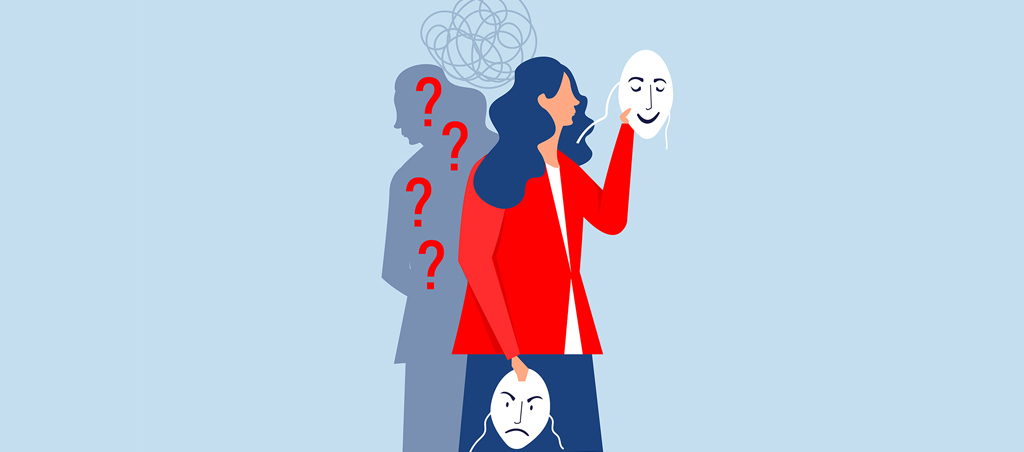Yale University researchers have found that even among healthy individuals, stressful, adverse life events lead to shrinkage in the parts of our brain that help us to manage our emotional reactions. If we’ve had a lot of stress in our lives — financial hurdles, chronic illness, loss of a relationship, you name it — the cumulative effect of that stress causes what researchers call “dramatic changes in brain volume.”
That’s not good. I know in my own life I need all the “brain volume” I can get to help me manage my stress reactions and my state of mind. And since I know, after two years of researching and writing The Last Best Cure, that our emotional mindset affects our health so dramatically, I care about my brain volume. A lot.
Here’s a little bit more about the study: Yale researchers imaged the brains of 100 healthy people about traumatic and stressful events in their lives, including divorce, death of a loved one, loss of a home or loss of a job. Even very recently affected subjects showed smaller grey matter in their brains in the prefrontal cortex, a region responsible for self-control, our state of emotional well-being, our desires, our impulse control.

When we are repeatedly battered by stressful events, nerve tissue in this region literally disappears, making us less able to adapt in the face of life’s challenges now, and in the future.
And health-related stressors, such as living with a chronic condition or losing a loved one, affect our mood centers most acutely. Smaller brain volumes in these centers are linked to depression and anxiety.
The good news? It’s great news. If we regularly take action to shift our mindset away from stress states, we can rescue the brain. Really rescue it. Reversing the impact of adversity. Reclaiming our sense of joy, and our inner life force. We can find our way back again. And it feels really good to do it, for our brains, for our bodies, our cells. And that is The Last Best Cure.
